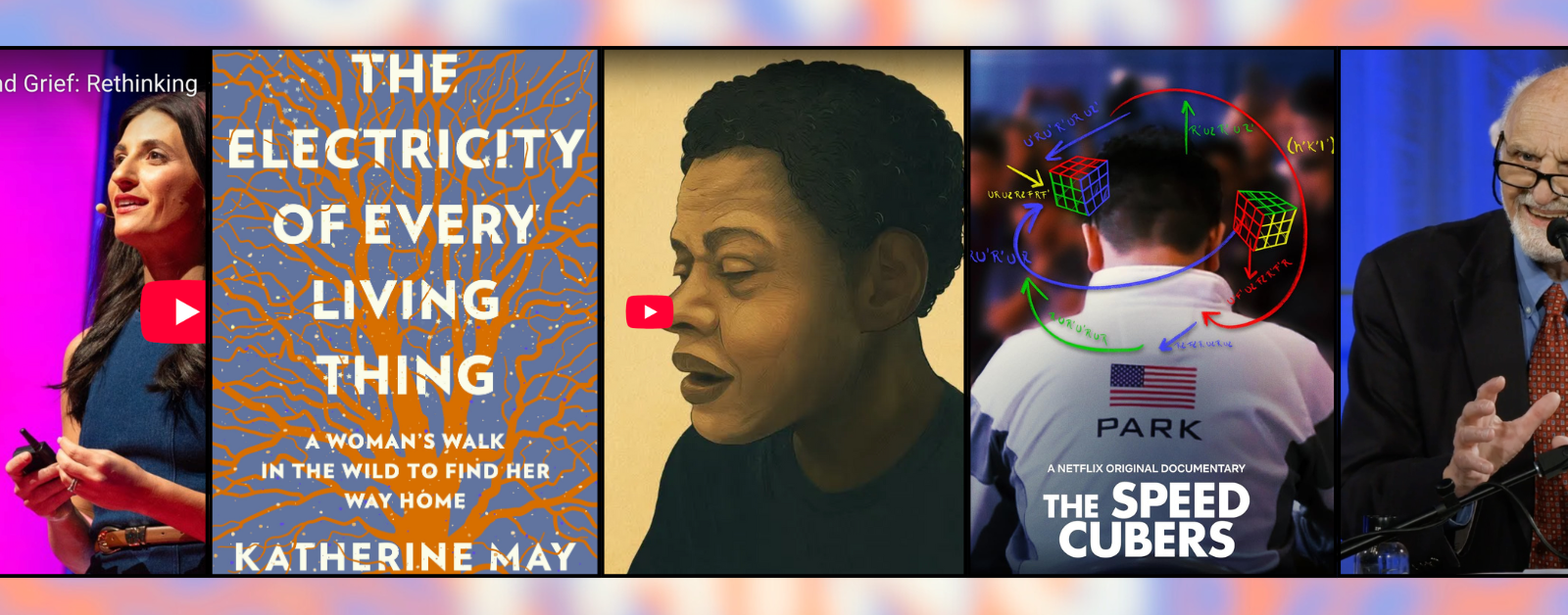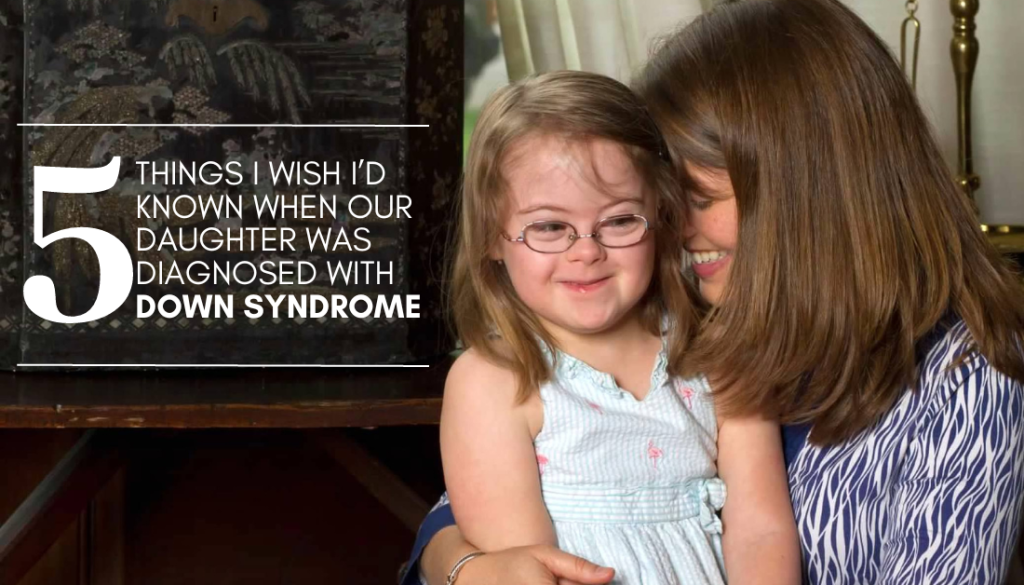Books, essays, podcasts episodes, and more that I think are worth your time, plus recent cultural news that I’m paying attention to…
FILMS/MOVIES/DOCUMENTARIES
TEDxAtlanta: Cash, Casseroles, and Grief: Rethinking How We Show Up for Each Other | Jordan Arogeti
When tragedy strikes—whether it’s the death of a spouse, a devastating diagnosis, or a natural disaster—we often ask the same question: How can I help?
Jordan Arogeti introduces a new framework for navigating support during life’s most difficult moments: Support Languages.
SHORT FILM: Loneliness Isn’t Inevitable—See Why
Loneliness is a public crisis.
Friendship is a choice.
I just watched this 6-minute short film from L’Arche. It’s taken from over 18 hours of recorded reflections on loneliness and friendship, and it captures so well both the painful, awkward, heartbreaking experience of loneliness and the heartwarming, connected, surprising joy of friendship. L’Arche communities help create friendships across the social dividing lines of intellectual disability. There’s one man in the film whose words struck me the most. He said that “friendship is being chosen, not scheduled.” This film is an invitation for all of us to choose one another and be present to love.
DOCUMENTARY: The Speed Cubers
This short Netflix documentary follows the competition and friendship between two world-champion Rubik’s Cubers. One of them, Max Park, is autistic. I was drawn to their story because Max’s parents have talked about how they didn’t introduce him to cubing so that he could become a champion. Rather, they realized that solving a cube was a way for Max to develop motor skills, and then, through competitions, to develop social skills. Even more, Max developed friendships and empathy. It’s a beautiful glimpse of what happens when we as parents notice our kids’ interests, passions, and strengths rather than focusing on their deficits.
BOOKS
MEMOIR: The Electricity of Every Living Thing by Katherine May
Katherine May came to fame with her book Wintering. I also really loved Enchantment (and got to talk with her on the podcast about that one). So I’m kind of surprised it took me this long to read her first memoir, The Electricity of Every Living Thing. The writing is as crisp and lovely as usual, and her self-deprecating British humor shines a wry, witty light on motherhood, marriage, and being human. All of this happens amidst the twin stories of seeking to hike all the trails along the coast of England while simultaneously discovering—in her late 30s—that she is autistic. I loved her insight, questions, and thoughtfulness throughout this story of self-acceptance.
RESOURCE: Space to Process by Sarah M. Spear
If you are a parent of a disabled child, and if you also like to process your thoughts and feelings by writing, Sarah Spear has offered a wonderful resource. She shares very short vignettes from her family’s life and then offers questions for reflection.
ESSAYS
ESSAY: Addressing Gaps in Care for Patients with Disabilities
I knew that many people with disabilities experience discrimination in medical environments, but I had no idea the extent of it. Read here.
ESSAY: Grief and hope: The theological legacy of Walter Brueggemann
I am not alone in my deep appreciation for the life and work of Walter Brueggemann. As Michael DeLashmutt puts it in this piece for Religion News Service:
“Brueggemann wrote as someone who had wrestled with the text in all its complexity and had come out the other side still listening for the voice of God. His prose was academic and lyrical, unsettling and pastoral. Through him, I learned that Scripture could be both historically situated and spiritually alive. He reintroduced me to a Bible that could once again speak to my heart, my mind and to my public witness.”
And:
“What made his work endure wasn’t just his brilliance, though he had that in spades. It was his ability to combine scholarship with pastoral urgency, critique with hope. He was unafraid to name the idols of our age — consumerism, nationalism, white supremacy — and to do so with theological clarity, not as a pundit, but as a prophet. And he did so while remaining, in some deep sense, a preacher of the word.”
If you are new to Brueggemann, maybe start with The Prophetic Imagination. I also highly recommend his commentary on Genesis and his recent pair of books on Exodus.
Get my favorites delivered to your inbox each month!
Subscribe here!
More Favorites and AJB Recommends
If you use a link from here to purchase something I recommend, it sometimes earns me a small commission, which enables me to continue the work I do here. So thank you! (As an Amazon Associate, I earn from qualifying purchases.)




